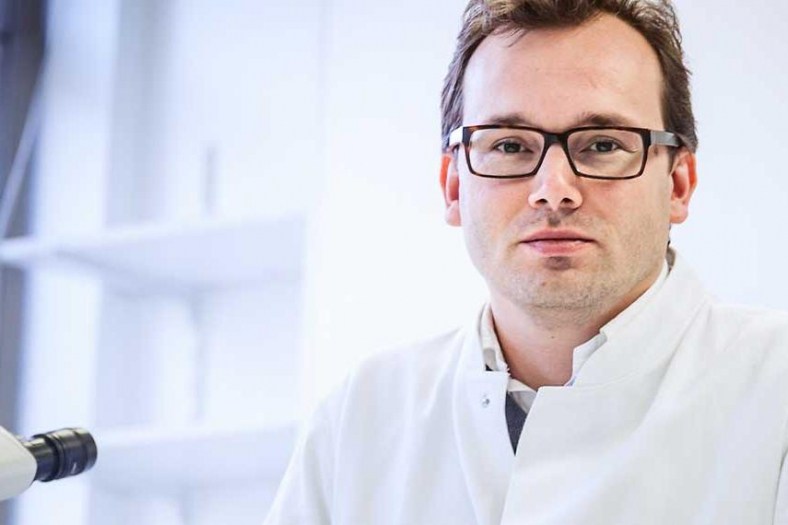With the world today in the grip of the Covid-19 pandemic, a leading expert in infectious diseases has warned that another pandemic is a disaster waiting to happen.
Professor Kevin Ariën is head of the virology unit of the Institute of Tropical Medicine (ITM) in Antwerp, and has worked on the HIV pandemic, Ebola and the problem of emerging and re-emerging viruses.
“For decades, scientists have asked the question not whether, but when we will see a new pandemic,” he said in an interview with the Gazet van Antwerpen. “Unfortunately, a pandemic like this cannot be avoided.”
The ITM has more than a century of experience behind his words. Set up in 1906 by Leopold II with a concentration on Congo, it later moved to Antwerp, and broadened its interest to other continents and to animal illnesses, which often are passed to humans. The ITM first identified Aids as a viral illness, and it has worked on Ebola, Haemorrhagic Fever, arboviruses and Chikungunya virus.
“There are hundreds of viruses circulating in Africa, South America or Southeast Asia that regularly cause local outbreaks,” he told the paper. “We suspect that for some of them it is only a matter of time before they cause problems on a larger scale.”
Most viruses do not go on to spread across the world, but as the world is now experiencing, it only takes one.
“And that’s only the viruses we know about and monitor continuously. It is very difficult to predict the outbreak of a completely new virus, such as the current coronavirus.”
The growth of the world’s population is an important factor in helping a virus to spread far and fast.
“At the time of the greatest pandemic in Western history, the Spanish flu in 1918-1919, 1.7 billion people lived in the world,” he said. “Now there are nearly eight billion. People then travelled on foot or with a horse and cart, now we fly to the other side of the world in a short time. In less than a century, the spread of infectious diseases has changed dramatically.”
Another risk factor is climate change, which has seen tropical mosquitoes take over new habitats in the Mediterranean region, bringing diseases with them. For now, they have yet to reach this far north, but the insects are remarkably adaptable. Meanwhile the scientists watch and wait.
“I suspect it is human nature not always to be willing to listen to science, as we are now seeing in the corona crisis,” he said. I still hope that this crisis has at least made us aware that this is the reality. Maybe next time it won't be coronavirus, but such outbreaks just happen again sooner or later. What we are now experiencing are the very tangible consequences of an overly large and overly concentrated world population that is attacking nature and the climate.”
• The Flemish TV channel Canvas begins a four-part series on the work of the ITM, titled Besmet (Infected), on Monday at 21.20.
Alan Hope
The Brussels Times

